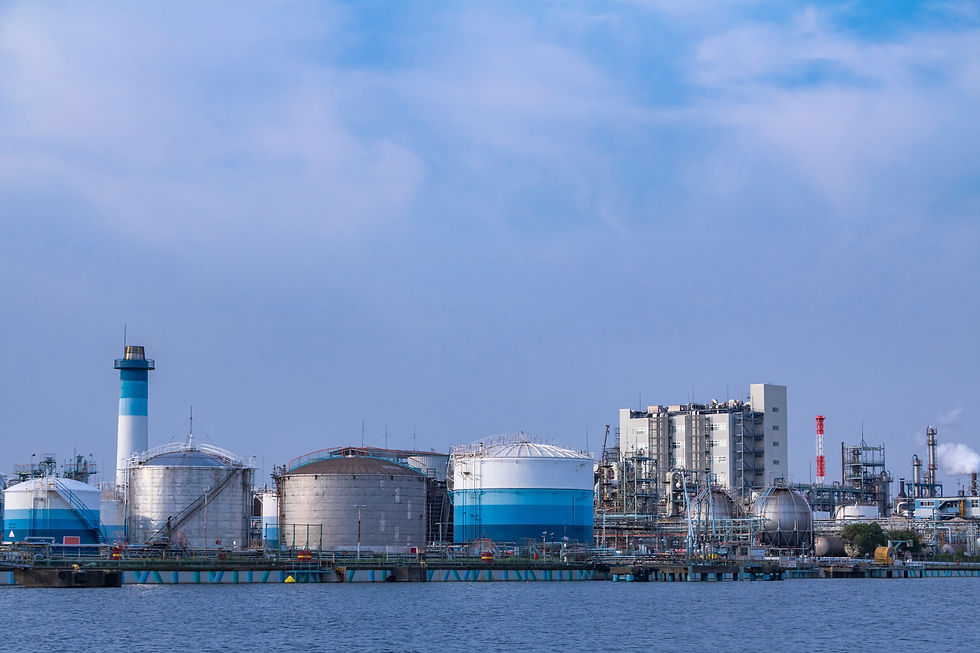The Role of Politics in Perceptions of Fracking
- CEPM Staff
- Oct 2, 2020
- 2 min read
Americans tend to disagree, and they do so on nearly every issue facing the nation. The topic of unconventional natural gas development, or fracking, is no different.
In the fracking debate, proponents and opponents typically rely on their own perceptions of the associated risks and benefits of fracking but also rely on political ideology to provide a foundation for their opinions. In a study published in the academic journal Energy Research & Social Science in 2019, a team of social science researchers set out to analyze the role of political ideology on an individual’s research process and opinion related to fracking.
In the study titled “Seeing through risk-colored glasses: Risk and benefit perceptions, knowledge, and the politics of fracking in the United States”, five researchers created a model to “assess the extent to which political ideology could be shaping levels of support through how it differentially relates to risk and benefit perceptions.” Their preliminary research found that, unlike most other issues in the U.S, people of liberal and conservative political ideology who claim to have a higher level of education about the issue of fracking arrive at vastly different opinions on the associated risks and benefits. According to the study, this is a departure from the norm. On other highly controversial topics, the more one learns about the risks and benefits of an issue, regardless of political affiliation, the more ambivalent one becomes toward the issue in whole, studies have found.
With this information, the researchers delved into the factors that have led to this phenomenon. In the fracking debate, it is traditionally those that identify as conservatives who view fracking favorably and those who identify as liberals who have a negative view. According to the research, political ideology serves as the foundation on which individuals build their own beliefs. So, with the ideological foundation set, the researchers believe that individuals further this view though motivated reasoning by selective exposure to information.
Motivated reasoning can be understood as cherry-picking some information selectively to form a reasonably rational argument, and selective exposure can be understood as referencing only resources that enforce one’s own beliefs. Both are cognitive biases that exacerbate the divisiveness of the issue at hand.
Additionally, the research supports that as people become more informed, though often with heavily biased information, they become more polarized as their beliefs are validated by a resource they deem reputable. According to the research, this is the opposite reaction of what has been observed in similar studies regarding other controversial topics. In regard to fracking, the more educated someone proclaims to be on the topic, the more polarized they become depending on their political affiliation.
The root of the issue, in this case, is information and communication. Controversial topics often involve a large amount of uncertainty regarding the risks and benefits of the subject. Fracking fits this requirement, as it has both risks and benefits, and a large amount of uncertainty as to any future consequences, be they positive or negative, that the industry will bring.
With that being said, it is imperative for impartial and factual resources to exist and for those wanting to gain knowledge about a subject to seek out a number of fact-based, nonbiased sources and understand and consider all of the information available.



Comments